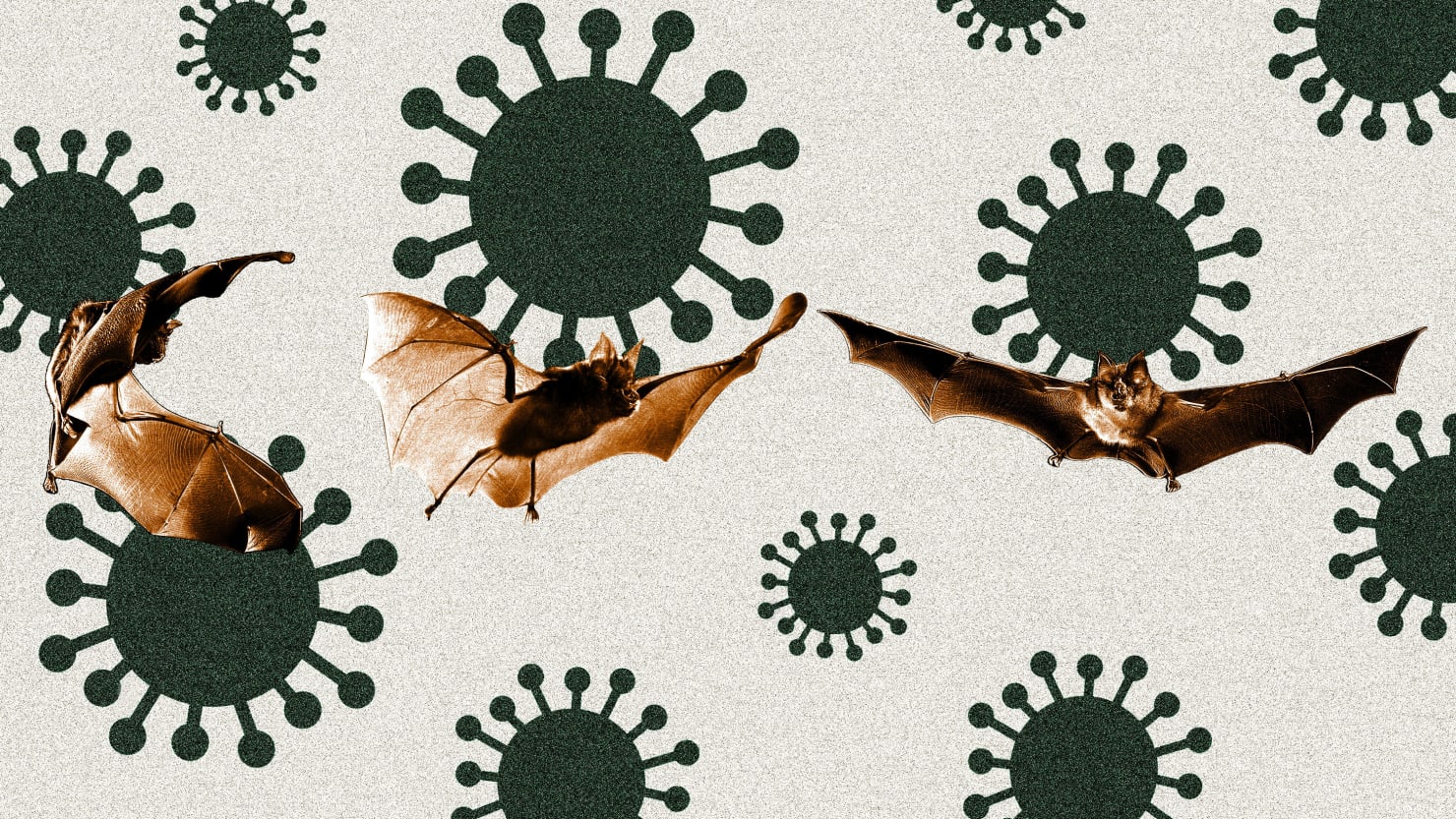
They’re scouring the planet for animal viruses that, like SARS-CoV-2, could leap to the human population and cause serious disease on a global scale.
Two years later, a separate team—including scientists from Washington State University and Tulane University—tested Khosta-2 along with another newly-discovered Russian bat virus, hoping to determine whether they’re capable of infecting people.But Khosta-2, on the other hand, took a liking to human cells.
“We tested how well the spike proteins from these bat viruses infect human cells under different conditions,” the scientists wrote.“We found that the spike from the virus Khosta-2 could infect [the] cells, similar to human pathogens using the same entry mechanisms.”.
Like SARS-CoV-2 and the hundreds of other so-called sarbecoviruses, Khosta-2 uses that spike-shaped protein on its surface to grab onto and infect a host’s cells.The Tulane-Washington State University team didn’t try to infect actual human beings with Khosta-2.
There are a lot of animal viruses, many of which are closely related to SARS-CoV-2 or at least use some of the same biological mechanisms to infect their hosts.
But there’s no denying that, as the human population expands and chops down more and more forests for farms and cities, it’s coming into close contact with more and more exotic animal species.SARS-CoV-2 is just the latest animal virus to leap to people, after the bird flu virus, SARS-CoV-1, MERS and others.
Can we develop these brand-new vaccines faster than some new sarbecoronavirus—whether Khosta-2 or some as-yet-undiscovered cousin—goes zoonotic and makes the leap to the human species
